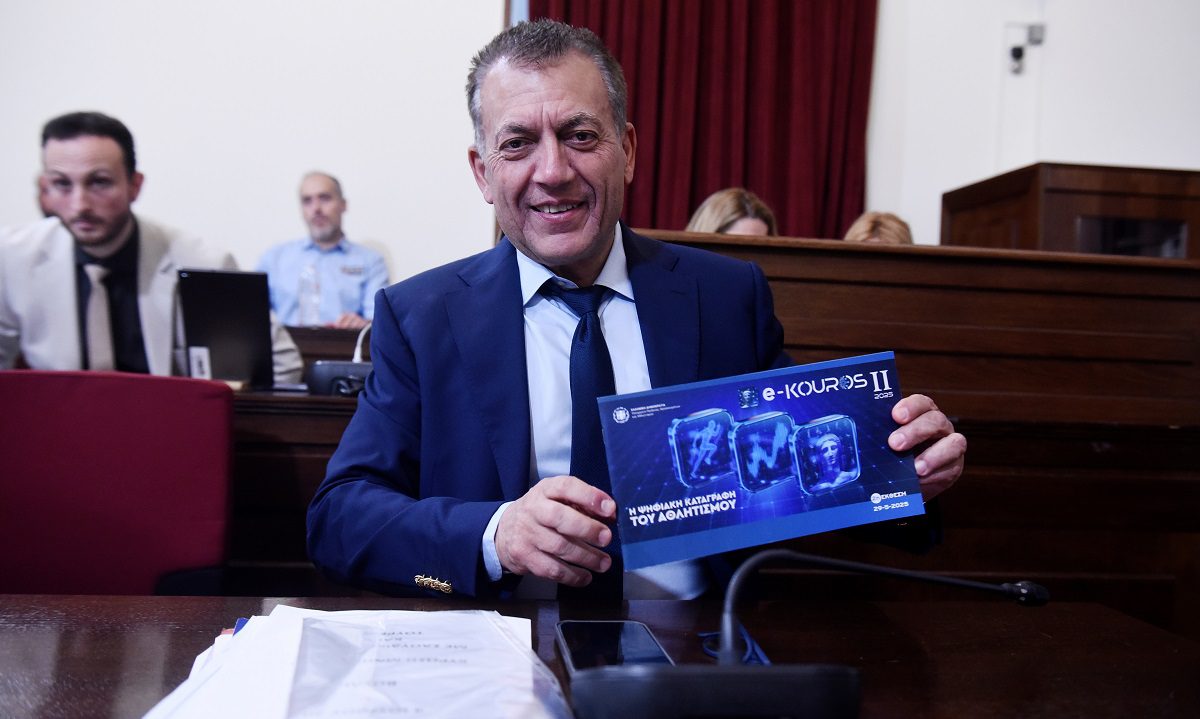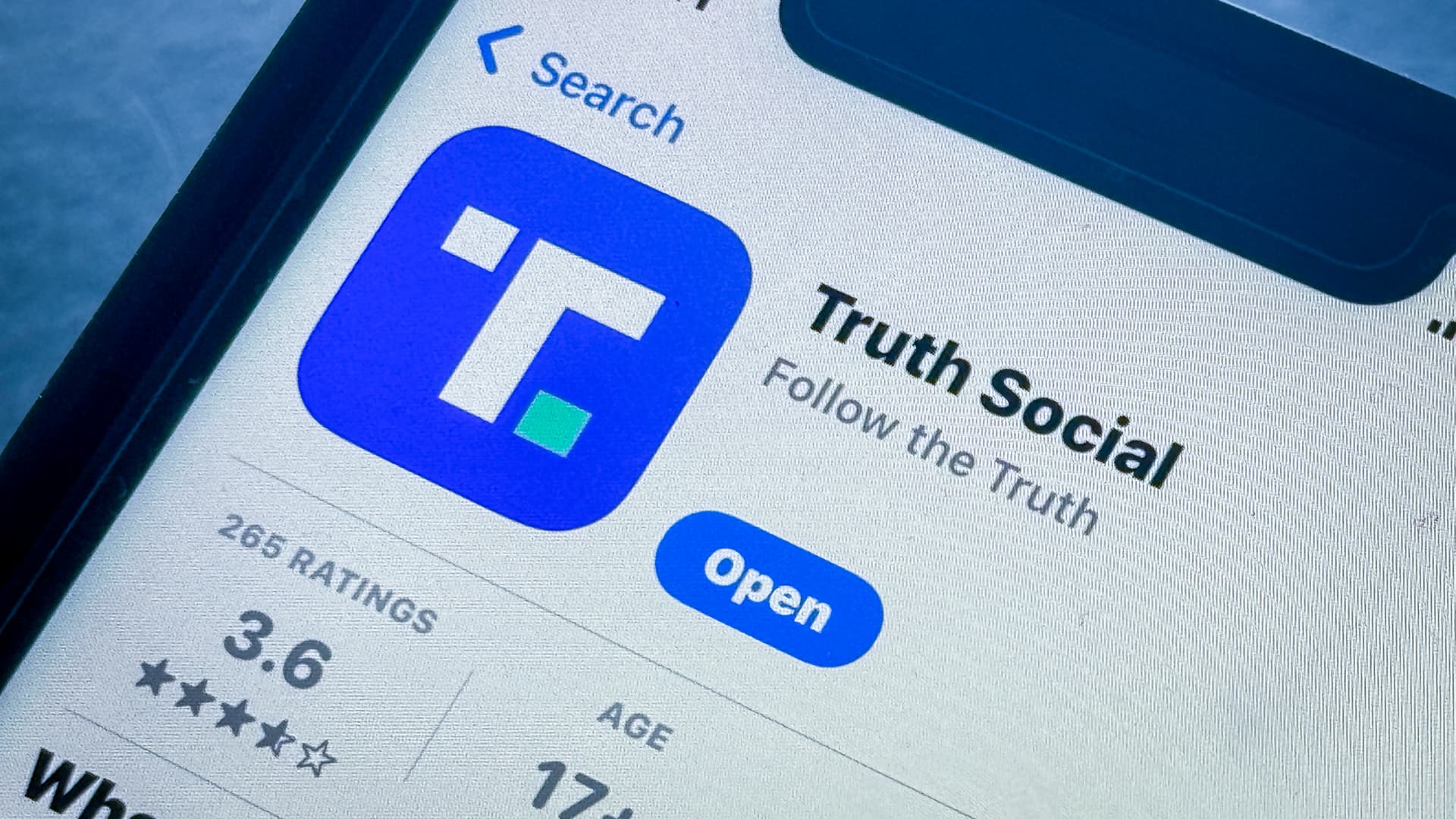Police stop $20,000 Bitcoin scam targeting 73-year-old woman

A Massachusetts resident was saved from losing $20,000, all thanks to the police. Lakeville Police Chief Matthew Perkins said in a written statement that Lakeville Police and Raynham Police were able to stop a resident from depositing $20,000 in cash into a Bitcoin ATM.
The 73-year-old victim was on the phone with the scammer, who was walking her through the step-by-step process to deposit the cash. The written statement said Lakeville Police Detective Robert Schiffer and the Raynham police were able to act quickly and prevent the woman from depositing cash.
"This case is a powerful reminder of how sophisticated and manipulative these scams have become," said Chief Perkins. "Thanks to the fast detective work, interagency cooperation - including the quick response from Raynam Police - and vigilant family, we were able to stop this in time. If not for those combined efforts, the victim could have lost a significant amount of money," said the written statement.
Here is what happened and how you can prevent yourself from being scammed.
What happened?
On Thursday, May 29, shortly before 2 p.m., the written statement said the woman's family visited the Lakeville Police Department, concerned about their 73-year-old relative. They said she withdrew $20,000 in cash from the bank. She was also not answering the phone. The family believed she was being scammed.
The written statement said that during the investigation, investigators discovered the scammer had contacted the woman and "convinced her that her computer was infected with a virus." The scammer then convinced the woman that the only way to protect her money was to deposit cash at a Bitcoin ATM. The scammer also instructed the woman not to answer any phone calls, including from family members.
Scams are on the rise: Bogus customer service is just the latest online scam you need to be aware of
Schiffer believed the woman's vehicle was heading to Raynham and contacted Raynham Police to be on the lookout. Police worked together and began checking local ATMs. They were able to find the vehicle at Coletti's Market on North Main Street.
"Both Lakeville and Raynham Police intervened while she was still on the phone with the scammer, successfully preventing the transaction from being completed," the statement from police said.
Tip to prevent scams from the Lakeville Police Department
Here are the following tips from the Federal Trade Commission (FTC).
- Scammers pretend to be from the organization you know. They might use a real name, like the Social Security Administration, the IRS or Medicare, or make up a name that sounds official. Some pretend to be from a business you know, like a utility company, a tech company, or even a charity asking for donations.
- Scammers say there's a problem or prize. They might say you're in trouble with the government, that you owe money, that someone in your family had an emergency, or that there's a virus on your computer. Some scammers say there's a problem with one of your accounts and that you need to verify some information. Others will lie and tell you that you won money in a lottery or sweepstakes, but have to pay a fee to get it.
- Scammers pressure you to act immediately. They might tell you not to hang up, so you can't check out their story. They might threaten to arrest you, sue you, take away your driver's business or business license, or deport you. They might say your computer is about to be corrupted.
- Scammers tell you to pay in a specific way. They often insist that you pay by sending money through Bitcoin, a money transfer service, or by loading money onto a gift card and then providing them with the card number on the back. Some will send you a check (which will later turn out to be fake), instruct you to deposit it, and then ask you to send them money.
Who do you contact if you are being scammed?
"The FTC also recommends that if you get an email or text message from a company you do business with, and you think it's real, it's best not to click on any links. Instead, contact them using a website you know is trustworthy, or look up their phone number. Don't call a number they gave you or the number from your caller ID," said the written statement.
Contact your local police department if you think you are being scammed.
Content Original Link:
" target="_blank">










































